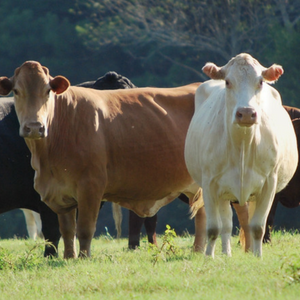
The Conservative manifesto made a clear promise. It pledged that in the government’s trade talks, “we will not compromise on our high environmental protection, animal welfare and food standards”. Just six months after the election, the promise has been ditched. Our government is now proposing that chlorine-washed chicken, beef treated with growth hormones, pork from animals injected with a drug that makes their meat leaner, called ractopamine, and scores of other foods produced in the United States by dangerous, cruel and disgusting means will be allowed into this country, as long as higher trade taxes (tariffs) are applied to them.
The trade secretary, Liz Truss, has made it clear that any such tariffs would be removed within 10 years. It’s impossible to see the American trade negotiators allowing them to pass in the first place. The US intends to secure “comprehensive” access to our food markets, while “reducing or eliminating tariffs”. This nonsense about higher tariffs is a blatant attempt to soften us up, to sugar the toxic pill of US imports that don’t meet our standards. When I say sugar, I mean high-fructose corn syrup.
Full report: https://www.theguardian.com/commentisfree/2020/jun/09/boris-johnson-trade-deal-us-chlorinated-chicken?




